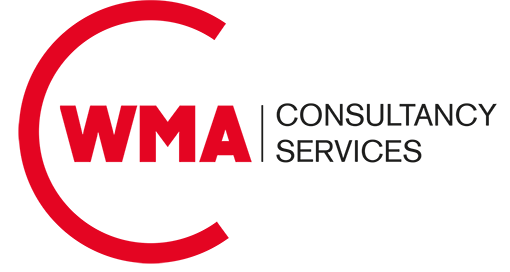In Part 1 of my thoughts on innovation, I shared my tips on creating a more innovative mindset. Here I wish to share my observation that if we take a more open-minded view, such as Thomas Edison did, when he said “The value of an idea lies in the using of it” we can adopt a more pragmatic approach to the development of innovative solutions on a greater scale.
Necessity is often viewed as the mother of invention, and this holds true in Workplace & Facilities Management (FM) as with any other business. When faced with challenges or limitations, Workplace & the best FM professionals are those who find creative solutions that improve efficiency, reduce costs, and enhance the overall experience of building occupants / customers.
These are some specific and relatively achievable examples of how necessity drives innovation, that may inspire you:
Addressing budget constraints: with tight budgets, FM teams are constantly looking for ways to do more with less. This has led to the development of innovative solutions such as:
- Predictive / risk-based maintenance: using data analytics to predict when equipment is likely to fail, allowing for proactive repairs and avoiding costly downtime.
- Energy efficiency measures: -implementing smart technologies and energy-efficient practices to reduce energy consumption and utility costs.
- Shared services models: consolidating FM functions across multiple buildings or organisations to share resources and expertise.
Adapting to changing needs: the nature of work and the expectations of building occupants are constantly evolving. Workplace & FM professionals have adapted to these changes by finding new ways to manage and utilise their facilities. For example, have you explored:
- Flexible workspaces: creating adaptable workspaces that can accommodate different working styles and activities.
- Enhanced workplace technology: integrating more technology into the workplace to improve productivity, communication, and collaboration.
- Data-driven space utilisation: using data to optimise space allocation and ensure that facilities are being used efficiently.
Emergencies: unexpected events such as natural disasters or power outages can put a strain on FM teams. Innovation can help yours respond quickly and effectively to these challenges. For example :
- Emergency response plans: developing comprehensive and flexible emergency response plans that include communication protocols, evacuation procedures, and resource allocation strategies.
- enhancing building design: incorporating features such as backup power systems and storm-resistant construction to minimize disruptions during emergencies.
- Real-time monitoring: using sensors and data analytics to monitor building conditions and identify potential hazards in real time.
Compliance with regulations: Workplace & FM professionals must stay up to date with ever-changing regulations related to safety, energy efficiency, and environmental sustainability. Innovation can help your team comply with these regulations while also improving your operations.
- Environmental compliance software: Using software to track and manage environmental compliance data, ensuring adherence to regulations and reducing the risk of penalties.
- Sustainable building practices: Implementing sustainable building practices such as water conservation, waste reduction, and recycling.
- Building information modelling (BIM): Utilising BIM to create digital representations (twins)of buildings, enabling better tracking of regulatory compliance requirements.
I have seen first-hand during my time as Chair of Judges of the IWFM Impact Awards how Workplace and FM professionals can turn challenges into opportunities, enhance the value of their facilities, and create a more sustainable and user-friendly built environment.
Necessity will always be a powerful driver of innovation in Workplace & FM. By embracing new technologies, adopting creative strategies and fostering a culture of continuous improvement, our industry can continue to break barriers and push beyond the boundaries that lie ahead of us.


0 Comments